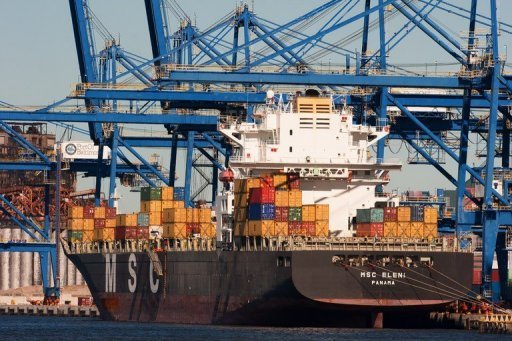DUBAI: Veteran emerging markets investor Mark Mobius is bullish on Middle East markets and expects recent political events to benefit the region in the long-term, he said on Sunday.
"My outlook is very positive because I see these political changes result in more open societies, more dialogue and therefore better environment for markets including stocks and bonds," Mobius told reporters in Dubai.
"I am not saying the ride is going to be smooth and in many places we could see some bumps but the overall trend is positive."
Social unrest in the Middle East over the last few months has swept the leaders of Egypt and Tunisia from power, sparked a violent revolt in Libya and led to protests demanding reform from Syria and Jordan to Yemen and Bahrain.
Mobius, who oversees the management of around $45 billion in assets, is executive chairman of the Templeton Emerging Markets Trust, part of US asset manager Franklin Resources.
The executive also added that a potential upgrade of Qatar and UAE to emerging market status may not alone have a huge impact on these markets as their weight in the index will be relatively low.
The influential index compiler has kept the two markets for a review in June.
"It’s not material for us. We see them as frontier markets and will continue to do so," he said.
Franklin Templeton’s $1.2 billion frontier fund counts Orascom Telecom and Saudi Basic Industries Corp among the top holdings and has heaviest allocation to Nigeria and Saudi Arabia on a geographic basis.
Last month, Mobius told Reuters that a recent pull back in emerging market stocks has uncovered value in frontier markets and smaller emerging market stocks.
Mobius enjoys strong success in Asia, where his $15.5 billion Templeton Asian Growth Fund has given investors an over-five-fold return in the past decade.
While the fund was off 4.8 percent in US dollar terms in the first two months of this year, it had risen nearly 28 percent over 52 weeks and 14.4 percent on an annualized basis over five years.
In January, the emerging market guru said he was considering a plan to set up a hedge fund, a move that would mark a major shift from the traditional money manager into the $1.9 trillion alternative asset management industry.



